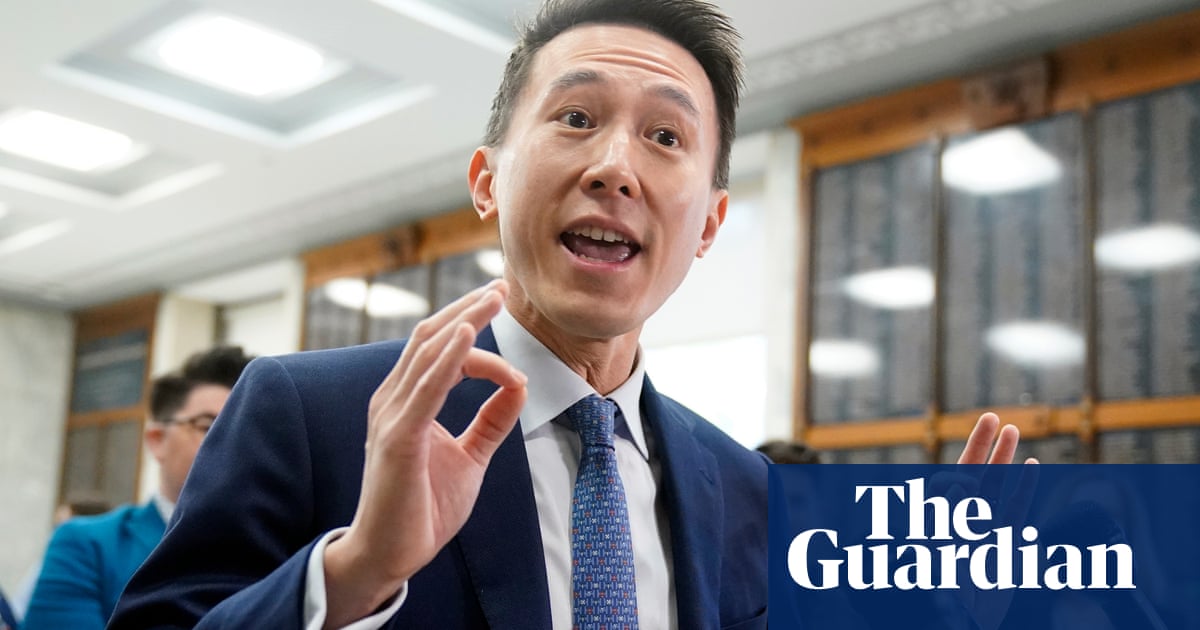
Facebook’s success has shaken Alphabet Inc’s Google, led by an Indian-born CEO, Sundar Pichai, who has made developing markets a priority
Google officials in India earlier this year were alarmed to learn that Facebook Inc. was likely to generate about $980 million in revenue in the country in 2018
DUBAI: Google retains only a slight lead over Facebook in the competition for digital ad dollars in the crucial India market, sources familiar with the figures say, even though the search giant has been in the country far longer and has avoided the controversies that have dogged its rival.
Facebook’s success has shaken Alphabet Inc’s Google, led by an Indian-born CEO, Sundar Pichai, who has made developing markets a priority.
Google officials in India earlier this year were alarmed to learn that Facebook Inc. was likely to generate about $980 million in revenue in the country in 2018, according to one of the sources. Google’s India revenues reached $1 billion only last year.
Google is now pushing back, attempting to lure customers with better ad-buying tools and more localized services.
The battle in India reflects an epic challenge for Google in developing markets around the world that are crucial to the company’s long-term growth — many consumers in those country’s are gravitating to Facebook and its siblings, Instagram and WhatsApp, at the expense of Google search and YouTube, and advertising dollars are quick to follow.
“Facebook is a far more user-friendly platform, even though they haven’t created features specifically for Indian advertisers,” said Vikas Chawla, who runs a small ad-buying agency in India.
Facebook ads, compared with those on Google search or YouTube, tend to transcend language barriers more easily because they rely more on visual elements, said Narayan Murthy Ivaturi, vice president at FreakOut, a Singapore-headquartered digital marketing firm. Pinpointing younger consumers and rural populations is easier with Facebook and its Instagram app, he and other ad buyers said.
And Facebook is succeeding in India, which has the fastest-growing digital ad market of any major economy, despite internal turmoil and political controversy. It has been without a country head for the last year, and has faced a series of incidents in which rumors circulating on Facebook and WhatsApp have prompted mob violence.
Facebook and Google between them took 68 percent of India’s digital ad market last year, according to advertising buyer Magna. Media agency GroupM estimates digital advertising spending will grow 30 percent in India this year.
Eight Indian ad buyers interviewed by Reuters were divided on whether Facebook would overtake Google in Indian ad revenue. That such a question would even be debated explains why Pichai, Google’s CEO, has pressed to flip the company’s approach to emerging markets.
“India is the most important market for the ‘Next Billion Users’ initiative,” Caesar Sengupta, the head of the effort, told Reuters last week.
For many years Google designed its services for early adopters of new technology, who tended to be in Silicon Valley, said Nelson Mattos, who oversaw Google’s Europe and Africa operations for several years.
“Over time, as you saw the growth of Facebook, the importance of WhatsApp and other tools in these new markets, and not the same adoption of Google, the company started to realize that maybe they had to change that approach,” Mattos said.
Shortly after taking the helm three years ago, Pichai mapped a new strategy for places such as India: More services tailored to locals; more marketing on radio, billboards and TV; more local staff and start-up investment.
Google’s India workforce has more than doubled since to 4,000 employees, about eight times Facebook’s presence, according to a tally of LinkedIn profiles. Its products evolved too, becoming easier to use with low- data plans.
The efforts are bearing fruit. Indian users during the first half of this year spent more time on Google services than on Facebook services, according to estimates from audience measurement firm Comscore.












